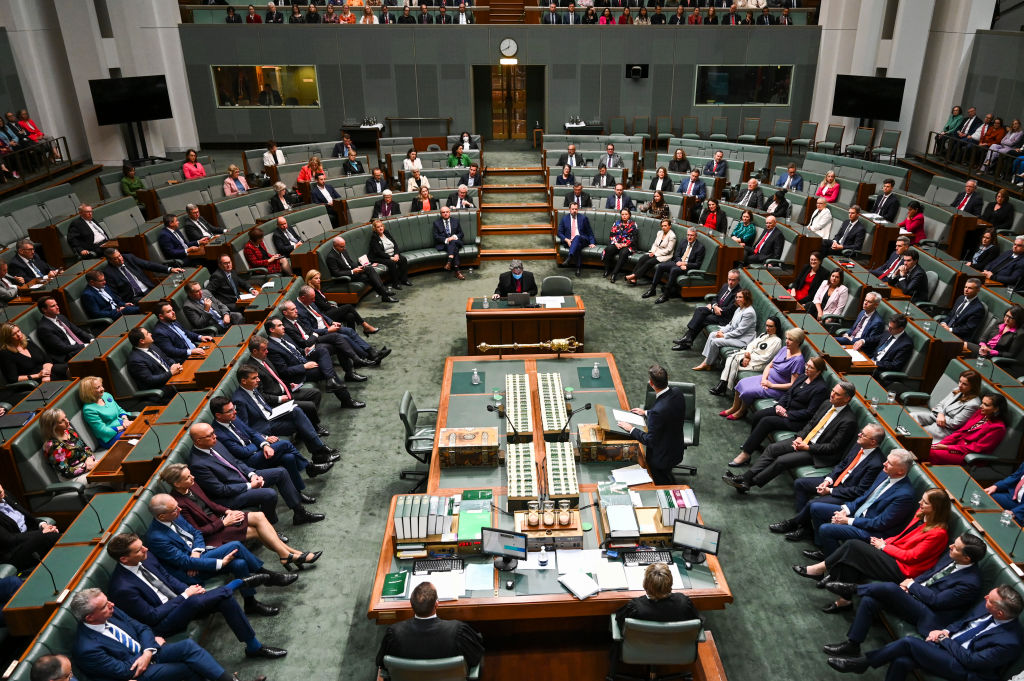In what comes as no surprise, voters want politicians to think more long-term – at least beyond the next federal election.
While we do appreciate the tax cuts during election campaigns (by the way, thank you Prime Minister), a new report shows 81 per cent of Australians agree our politicians generally think too short-term when making decisions.
The EveryGen report, co-authored by Dr Elise Stephenson from The Australian National University, found three-quarters of those surveyed think visions for the next 10 to 20 years are given too little emphasis in the political debate.
Mind you, there are a few rare examples of long-term policies, such as John Howard’s 1996 National Firearms Agreement following the Port Arthur massacre. The forward-thinking law saw the long-lasting ban on all semi-automatic rifles and all semi-automatic and pump-action shotguns, and a system of licensing and ownership controls.
On the other side of the political spectrum, Gough Whitlam had the foresight to introduce Medicare in 1984, giving all Australians help with the cost of seeing a doctor, getting medicines and accessing mental health care.
These long-lasting policies were all last century, however.
The survey found 97 per cent of respondents believe that today’s policies need to consider the interests of future generations, and 79 per cent want to see the establishment of a Commissioner for Future Generations.
“One of the most striking results is the high levels of support across all Australians for political parties that demonstrate a vision for more long-term policymaking,” Dr Stephenson said.
“This should give political parties of all stripes the confidence that long-term, intergenerational policymaking is a no-brainer and a ‘win-win’ for governments and the public alike.”
The results show healthcare, improved wellbeing for children and youth and more jobs are among the top priorities for those surveyed in the coming decades.
Policy priorities like the AUKUS security agreement with the UK and USA, artificial intelligence and climate action are the areas voters have the least faith in policymakers to make long-term decisions on.
Unsurprisingly, optimistic young people who have youth and exuberance on their side, have more faith in policymakers’ skills and knowledge, than older (perhaps jaded and grumpy) generations.
“Older generations tend to rank health a higher policy concern than young people. Women are much more likely to care about healthcare and wellbeing for children and youth than men are.”
According to the researchers, the results show a clear appetite for a “future-ready” approach to leadership and policymaking.
“There is an undeniable demand for leaders to take bold and courageous action to redefine our political approach,” said co-author Taylor Hawkins, managing director of Foundations for Tomorrow.
“Long-term thinking in leadership and policymaking is not a ‘nice-to-have’ or a box to tick. It is a powerful tool that can unlock dividends across society, leading to a healthier, more secure, sustainable, cohesive and prosperous future for all Australians.”



